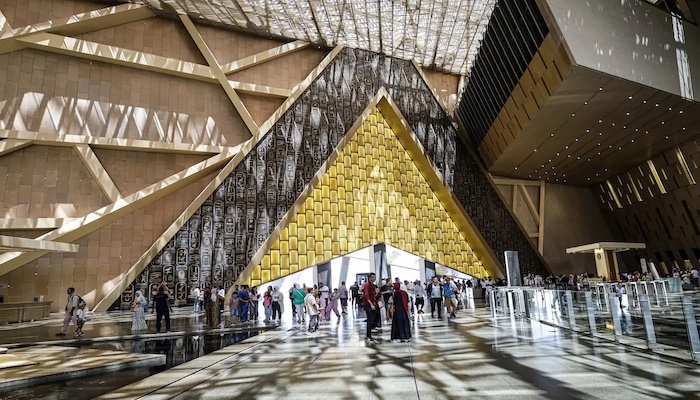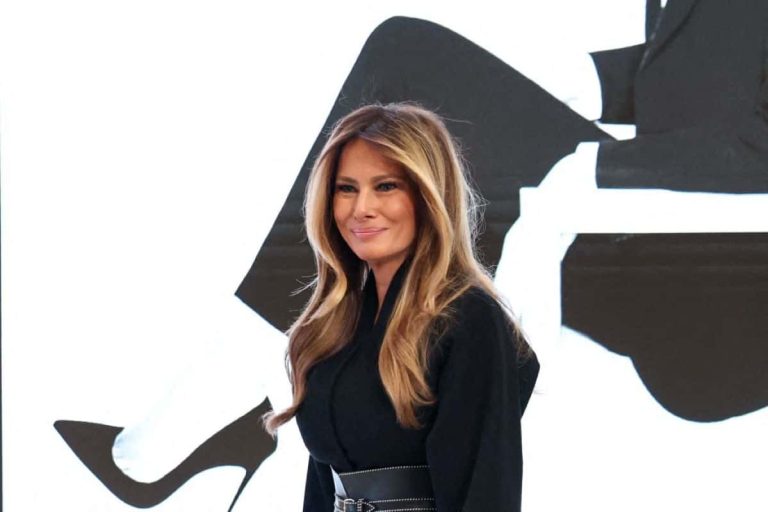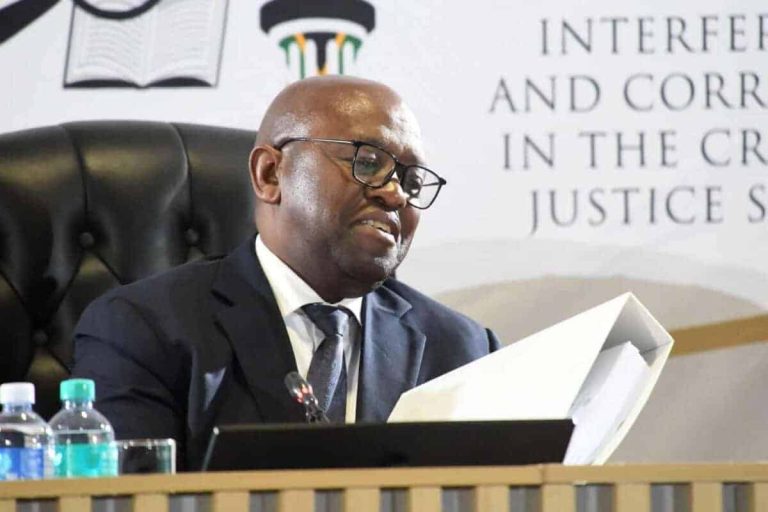
Egypt has indicated its willingness to deepen cultural relations with Nigeria.
The North African country expressed its willingness through its Ambassador to Nigeria, Motaz Zahran during a grand celebration to mark the official inauguration of the Grand Egyptian Museum (GEM), located less than two kilometres from the Great Pyramid of Khufu in Giza, Egypt.
Zahran speaking at the celebration in Abuja which was attended by the Director General of the National Council for Arts and Culture (NCAC) Obi Asika, members of the diplomatic corps, and representatives of Nigeria’s cultural institutions, highlighted Egypt’s leading role in preserving Africa’s shared heritage and promoting cultural cooperation across the continent.
He used the occasion to call for stronger cooperation among African nations in the areas of heritage preservation, museum development, and tourism.
The envoy reaffirmed Egypt’s readiness to share its expertise with partner countries, particularly Nigeria.
He noted that: “Africa’s cultural renaissance must be built on mutual respect and shared pride in our past.”
Speaking of the Grand Egyptian Museum (GEM), a monumental cultural landmark, Zahran said it is the largest archaeological museum complex in the world and a “gift from Egypt to humanity.”
The Egyptian Ambassador Motaz Zahran described the inauguration as a historic achievement, symbolizing “not only Egypt’s pride but Africa’s collective contribution to human civilization.”
He noted that the Grand Egyptian Museum, located less than two kilometers from the Great Pyramid of Khufu in Giza, is the culmination of over two decades of vision, dedication, and international collaboration.
He said: “GEM stands as a testament to Egypt’s firm commitment to preserving our ancient heritage while opening a new chapter in our engagement with the world,”
He further said: “The Grand Egyptian Museum is not only about history; it is about connection, connecting civilizations, peoples, and generations.
“It is a living dialogue between the ancient and the modern world.”
The envoy explained that Egypt views its ancient civilization as a shared inheritance of humanity, adding that the inauguration of GEM renews the nation’s commitment to sharing its heritage with the global community.
He said: “From the banks of the Nile, ideas about governance, art, architecture, and science flowed outward, influencing cultures far beyond our borders.
“Today, through GEM, we renew that spirit of sharing and invite the world to experience our story.”
On his part, Obi Asika, commended Egypt for setting a global standard in cultural preservation, describing the GEM as “a beacon of African excellence and a model for nations seeking to safeguard their heritage.”
The event ended with an invitation for Nigerians and Africans alike to visit the Grand Egyptian Museum to “feel the pulse of history and witness Egypt’s continuing role as a cradle of civilization and a beacon of cultural exchange.”
The Grand Egyptian Museum houses over 100,000 artifacts, including 20,000 items displayed publicly for the first time, telling the story of Egypt’s civilization spanning more than 7,000 years.
Among its treasures is the complete collection of King Tutankhamun’s artifacts, about 5,400 pieces showcased together for the first time.
Visitors to GEM can journey through time from the Predynastic Period through the 30 dynasties of ancient Egypt, the Greco-Roman and Islamic eras, up to modern Egypt witnessing the evolution of governance, art, architecture, and spirituality that shaped global heritage.
Beyond being a museum, GEM is a living cultural institution, serving as a hub for research, education, and innovation. It boasts advanced conservation laboratories, digital learning facilities, and spaces for cultural exchange, bridging the preservation of the past with the inspiration of the future.
Michael Olugbode



